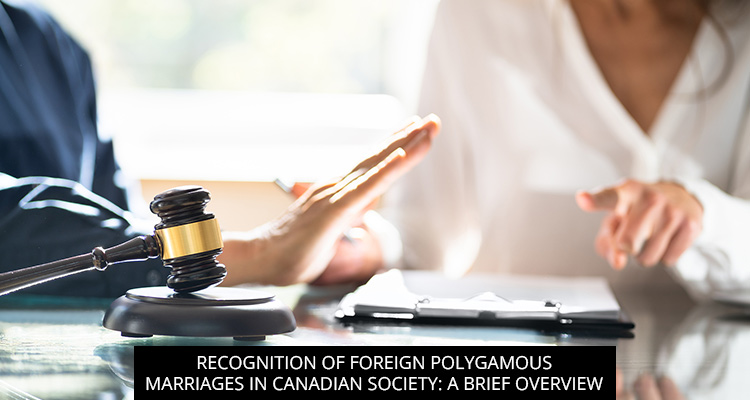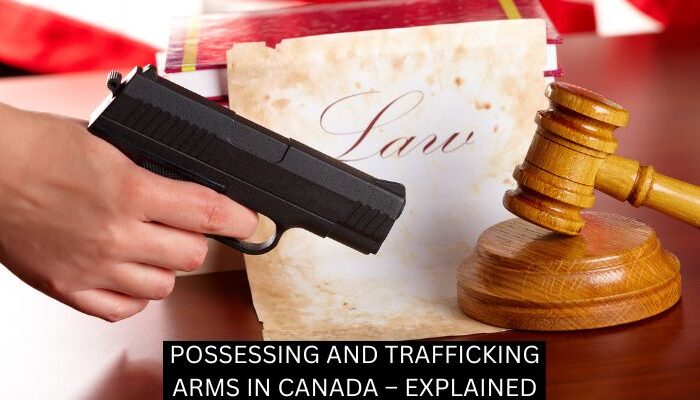
With the settlement of rising figures of different communities in Canada, a considerable amount of uncertainty is to be found regarding the validity of the status of polygamous marriages. It would not be out of place to say that the differing impressions on the validity of polygamous marriages take shape due to increased connections between the different states.
The issue of plural unions offends the very essence of a marriage i.e. monogamous character that is granted to an individual. This is one of the leading reasons for adopting different mechanisms and approaches toward the effect of such marriages in the Canadian legal framework.
What Is A Polygamous Marriage?
Canadian Law describes polygamous marriage as “a marriage performed following a legal framework that enables one party to take more than one spouse at a time.”
Legally, this means a polygamous union can only exist in a nation that recognizes polygamy. The marriage is void if the parties marry in a polygamous manner in Canada without having a ceremony conducted in adherence with the applicable provincial marriage act.
To deal with the issue of polygamous marriages, Section 293 of the Criminal Code of Canada criminalizes the practice of polygamy. Thus, engaging in polygamy while residing in Canada is strictly unlawful. However, the constitutionality and efficacy of Section 293 relatively stagger when dealing with the subject of valid foreign polygamous marriages.
There is no blanket prohibition pertaining to polygamous unions, and radical approaches have been attained due to the diversity of different cultures in Canadian society.
How Does Canadian Society Deal With Foreign Polygamous Marriages?
Canada is a commonwealth country that upholds the idea that even if a marriage is polygamous, it will be acknowledged for many purposes as long as it is recognized as such by the local law of the marriage and by the personal law of each partner.
Yew v Attorney General for British Columbia is one of the leading cases regarding the validity of polygamous marriages where a reasonably liberal approach was construed. The court in Yew unanimously ruled that it was not a crime for a domiciled Chinese man to establish a marital union with two wives in China and the decision relied clearly on internationalist terms by maintaining the superiority of the monogamous character of the institute of marriage.
Furthermore, a person entering into a polygamous marriage is not entitled to obtain a divorce under The Divorce Act of Canada. This restriction comes from the decision in Hyde v Hyde, where it was stipulated that the option of divorce is only available for monogamous marriages.
Canada, being a leading multicultural and religious tolerant state, deals with an exorbitant pool of immigration applications each year. It would not be wrong to mention that the scope of the acceptance of immigration applications of parties of a polygamous marriage is quite limited, as observed in Awwad v. Canada (Minister of Citizenship & Immigration), in which the wife was a second wife and denied immigration to Canada.
The progressive attitude towards recognizing foreign polygamous marriages should not be taken as an attempt to accommodate polygamy in Canadian society. However, the criminal provision on polygamy is a constitutional challenge that is difficult to comprehend objectively.
Our Lawyers Can Guide You!
If you require any assistance pertaining to the legality of your marriage, please get in touch with our family law attorneys at Ayaz Mehdi Professional Corporation for tailored legal advice.
Disclaimer: Kindly note that sending or receiving information through this site does not establish a solicitor-client relationship. Legal matters are fact-specific, and the law is variably changing. The views expressed and the content provided on this blog are general guidelines and cannot substitute for proper legal advice. Schedule your legal consultation by clicking here: Let’s meet!






